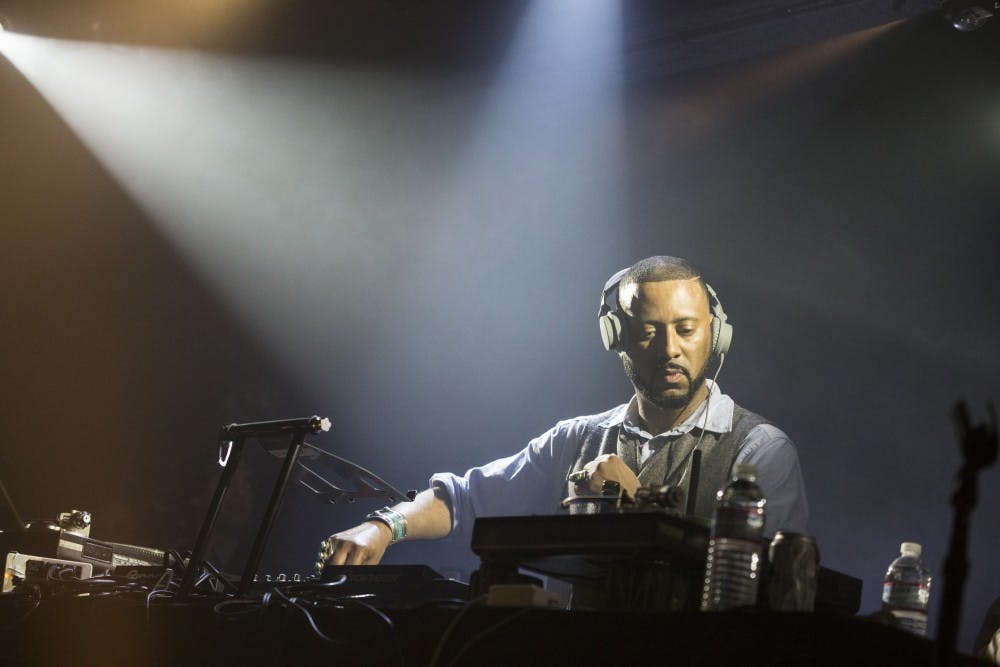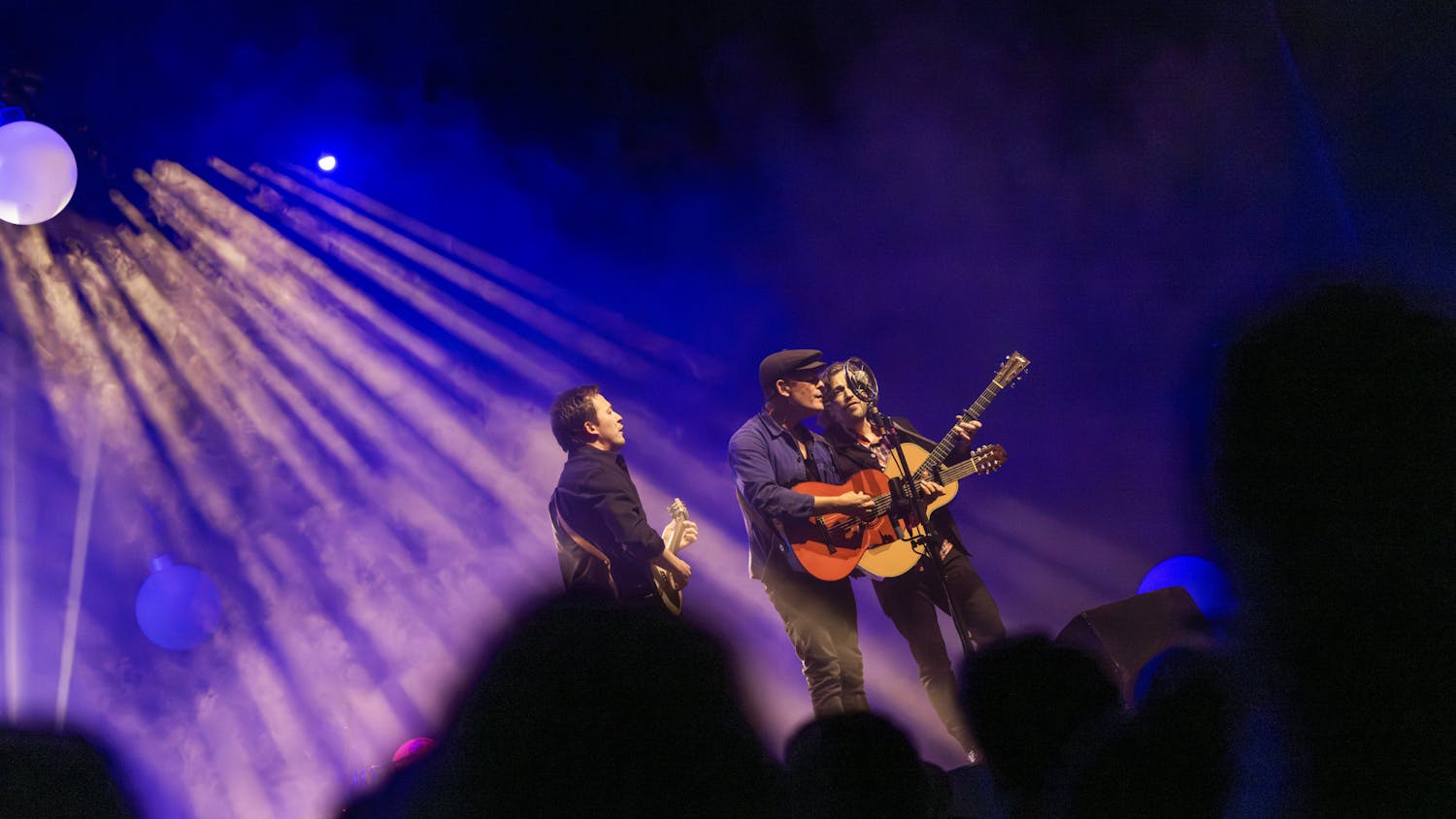Madlib, a producer from Oxnard, California, wields a discography that is highly diverse, prolific, and accomplished. Between working with Kanye West on The Life of Pablo to producing one of the greatest hip–hop albums of the 2010s with Piñata, Madlib has worked within some of the most exclusive and talented circles of the music industry. He rarely produces sub–par work and manages to create sounds that perfectly complement the artists he works with. Well–versed hip–hop critics have consistently ranked Madlib’s albums extremely highly and have showered the producer with praise. Why, then, has he been consistently overshadowed in popular discourse by his peers in hip–hop production?
The disparity between Madlib’s talent and his commercial appeal is demonstrated perfectly through his critically–acclaimed release with rapper MF Doom, Madvillainy. Ranked at a 9.4 by Pitchfork, Madvillainy was heralded as one of the best underground rap albums of this century. One of the most popular songs on Madvillainy, “Accordion,” highlights Madlib’s capability to synthesize memorable instruments and sounds into a thread of instrumental music so perfectly–made that it almost completely steals the show from one of the most technically–sound rappers in the game, MF Doom. While some songs on Madvillainy, such as “Figaro,” offer entertaining (but simple) beats that operate as blank canvases for MF Doom’s precise rhyme schemes, the final three songs that close out Madvillainy—“All Caps,” “Great Day,” and “Rhinestone Cowboy,”—represent the peak of Madlib’s knack for producing eclectic, stirring, and layered beats.
Perhaps Madlib’s shining achievement is his album Piñata, released with rapper Freddie Gibbs in 2014. Front to back, Piñata is a rollercoaster ride of twisting hip–hop instrumentals, flawlessly complemented by Freddie Gibbs’ surgical flow. In an impeccably–executed sample of “A Fool For You” by the Ledgends, Madlib’s production on “Deeper” is simultaneously haunting and confrontational—it demands your attention from the opening note. Madlib produces these multifaceted beats not only on “Deeper,” but on all of Piñata, too. “Thuggin” weaves old–school samples into intricate instrumentals, a production which Gibbs utilizes to deliver cold lyrics depicting a life of drug dealing and jail time. “High,” featuring Danny Brown, samples the classic “I Get High” by Freda Payne as Gibbs and Brown profess their love for drugs, while on “Robes,” Gibbs raps over Madlib’s ethereal beat, boosted by features from Earl Sweatshirt and Domo Genesis. The common theme throughout Piñata is the effortlessness with which Madlib and Gibbs complement one another, as Madlib’s production provides the perfect soundscape for Gibb’s rapping.
One of the biggest issues (and it’s a good issue to have) with Madlib’s discography is that it is so deep, and the songs are so labyrinthine, that it can be difficult to know where to begin. Pick any random song—say, “The Official”, featuring J Dilla, from his 2003 album Champion Sound—and you’re guaranteed to hear the sound of Madlib’s signature intricate production, filled with old–school samples and jazzy influences. Yet, part of Madlib's brilliance has been his ability to consistently create astounding instrumentals without allowing his sound to become stale or stagnant. While many of the artists Madlib has extensively worked with do not possess much mainstream appeal, one would hope that years of consistently entertaining and appealing production would lead to more success for the producer. Madlib and Gibbs are slated to release their follow–up album to Piñata, titled Bandana, this year, and one can only hope that this leads to more commercial success for both of them. Until then, Madlib will have to settle for the status of being one of the most commercially underrated—yet one of the most critically acclaimed—producers in hip–hop.







